Introduction:
Commercial refrigeration equipment plays a crucial role in maintaining the quality and safety of perishable goods in supermarkets and grocery stores. Upon receiving these equipment, it is important for businesses to pay attention to certain aspects to ensure their proper functioning and longevity. This article highlights key considerations for businesses when receiving commercial refrigeration equipment.
1.Inspection and Documentation:
Upon delivery, carefully inspect the packaging and ensure it is free from any visible damage. Take photographs or make notes of any dents, scratches, or other signs of mishandling. It is essential to document any damage to the equipment for future reference and potential insurance claims if needed.
2.Complete Inventory Check:
Thoroughly inspect the delivered equipment to ensure all components, accessories, and manuals are included as per the order. Cross-check the received goods with the purchase order or invoice to guarantee accuracy. Any missing items or discrepancies should be reported immediately to the supplier for resolution.
3.Temperature Stability:
Commercial refrigeration equipment relies on temperature stability to ensure the freshness and safety of perishable goods. After installation, monitor and verify that the equipment maintains the required temperature consistently throughout the storage area. Any deviations should be addressed promptly to prevent potential product spoilage or compromise in quality.
4.Proper Installation:
Engage professional technicians or qualified personnel to ensure the proper installation of commercial refrigeration equipment. Follow the manufacturer's guidelines and recommendations to prevent any operational issues. Incorrect installation can lead to suboptimal performance, energy inefficiency, and potential damage to the equipment.
5.Regular Maintenance and Cleaning:
Establish a routine maintenance plan to keep the refrigeration equipment in optimal condition. Regularly clean and maintain critical components such as condenser coils, air filters, and evaporator coils. Proper maintenance helps prolong the lifespan of the equipment while maintaining its efficiency and ensuring the quality of stored goods.
6.Calibration and Monitoring:
Periodically calibrate temperature sensors and controllers to ensure accuracy. Implement a robust monitoring system to track and record temperature variations and identify any abnormalities promptly. Timely intervention can prevent equipment breakdowns and protect perishable inventory.
Conclusion:
Receiving commercial refrigeration equipment requires careful consideration and inspection to ensure proper functionality, longevity, and adherence to temperature control regulations. By following the guidelines outlined in this article, businesses can minimize downtime, maintain product quality, and optimize the use of these essential assets. Diligent attention to detail during the receipt and subsequent maintenance of commercial refrigeration equipment is paramount for operating a successful retail business.
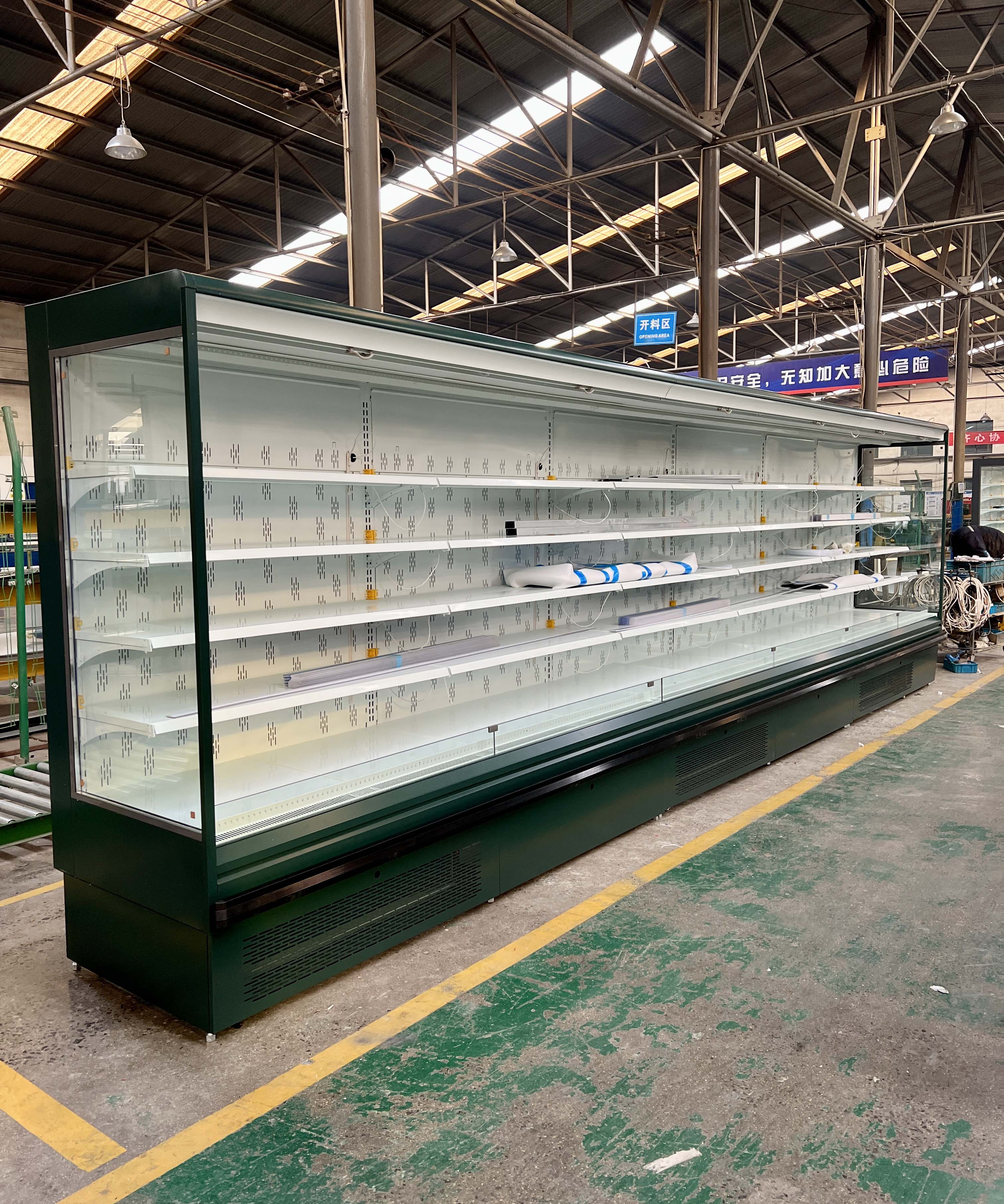

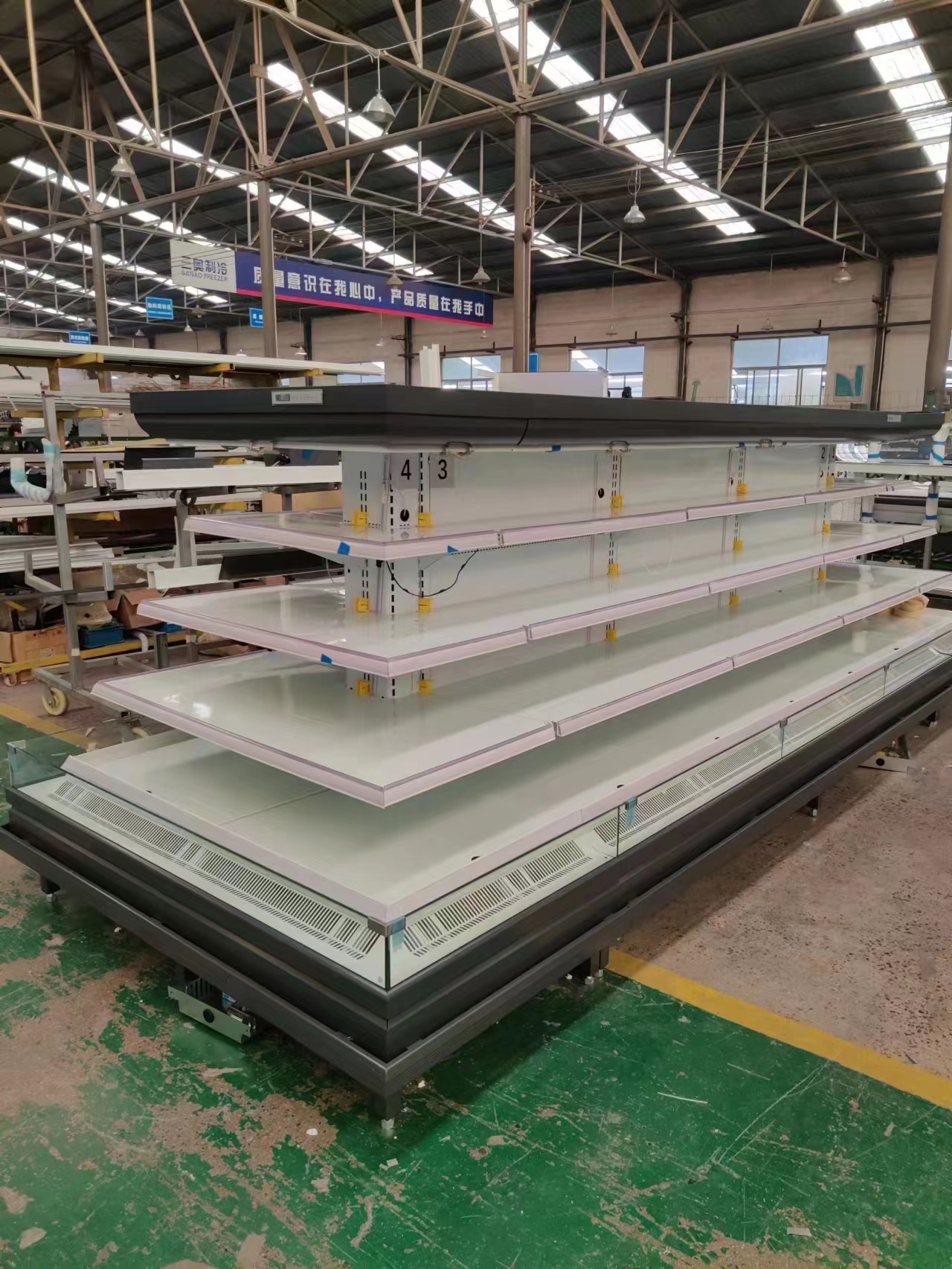
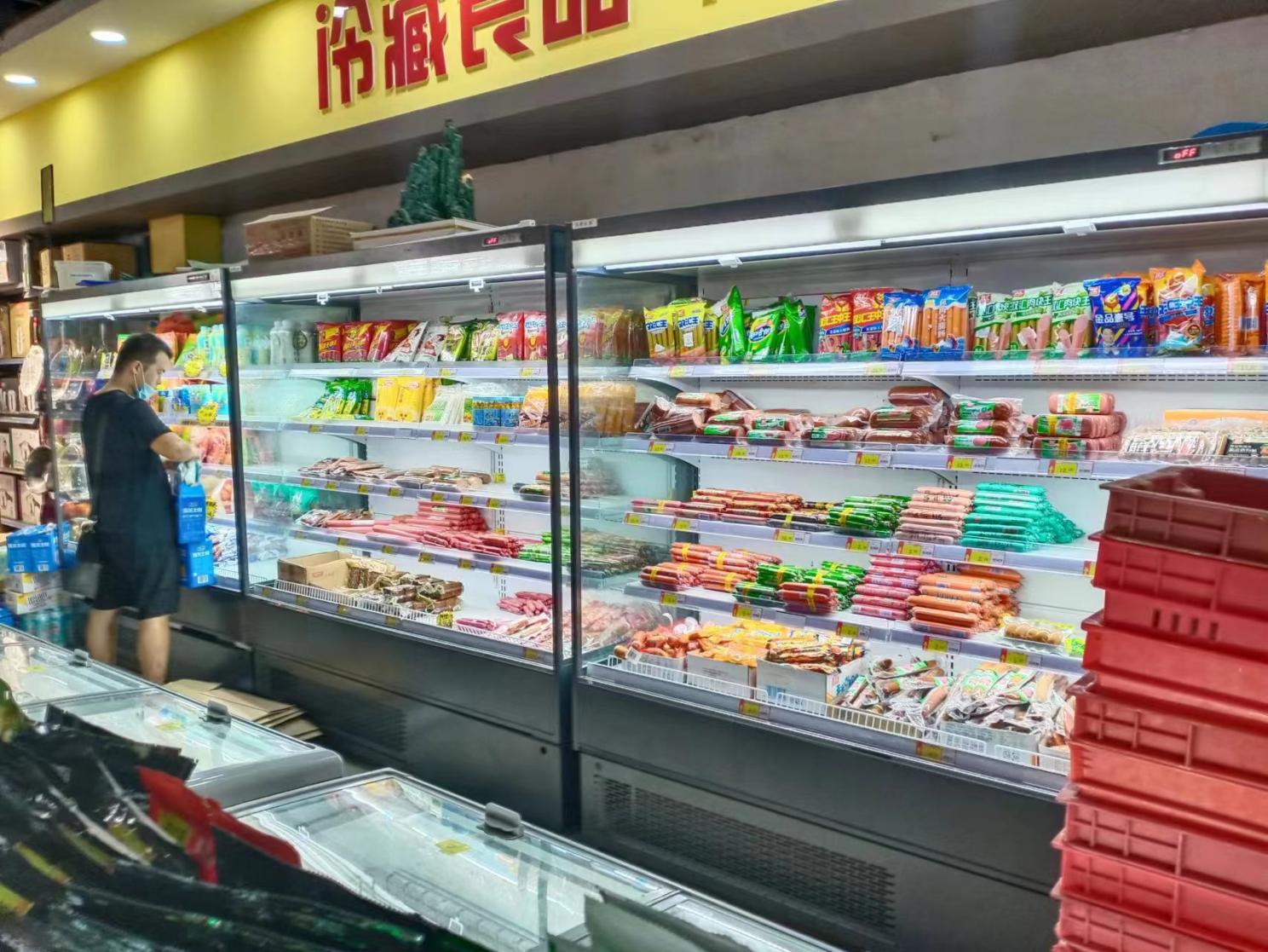
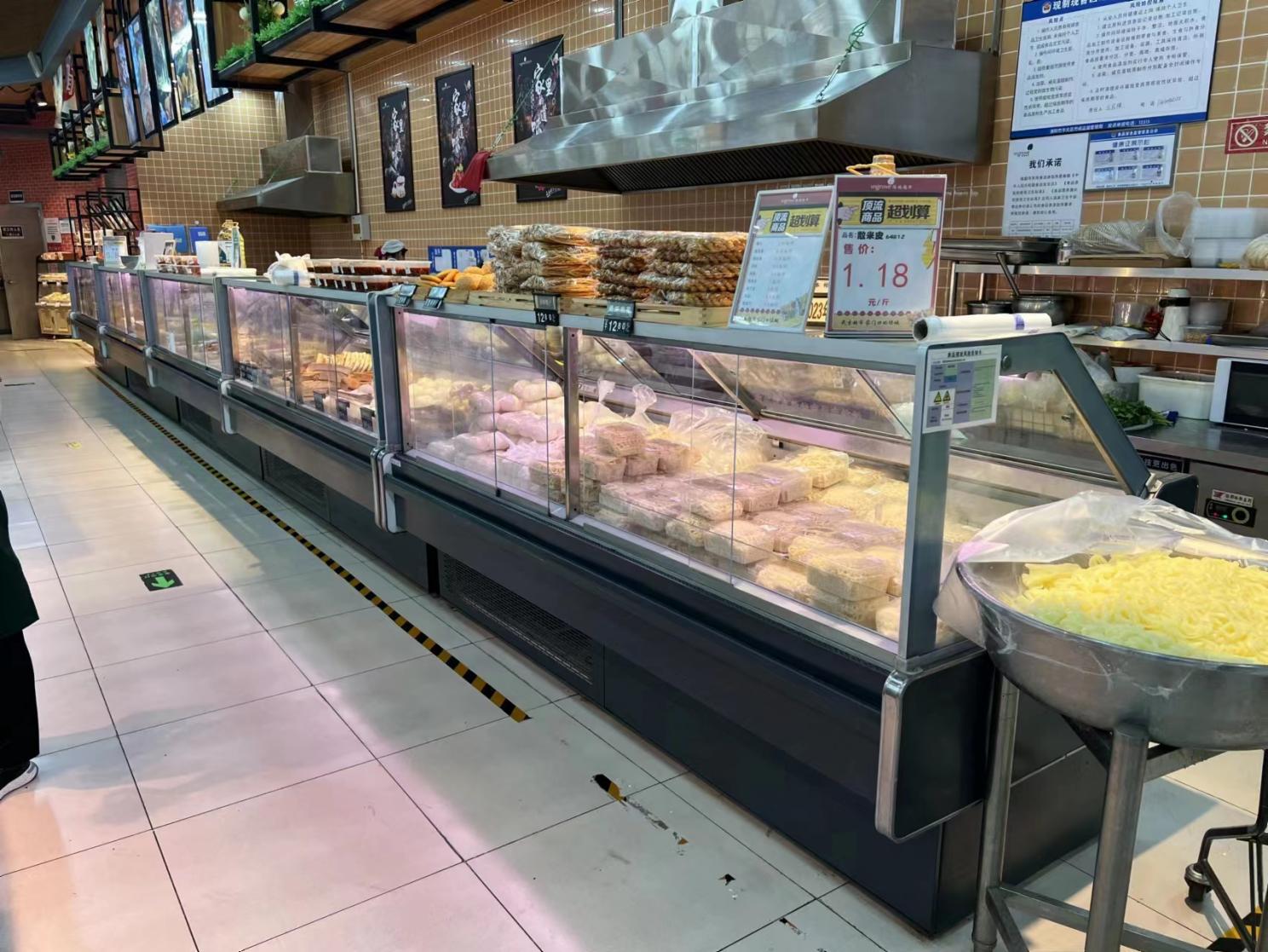
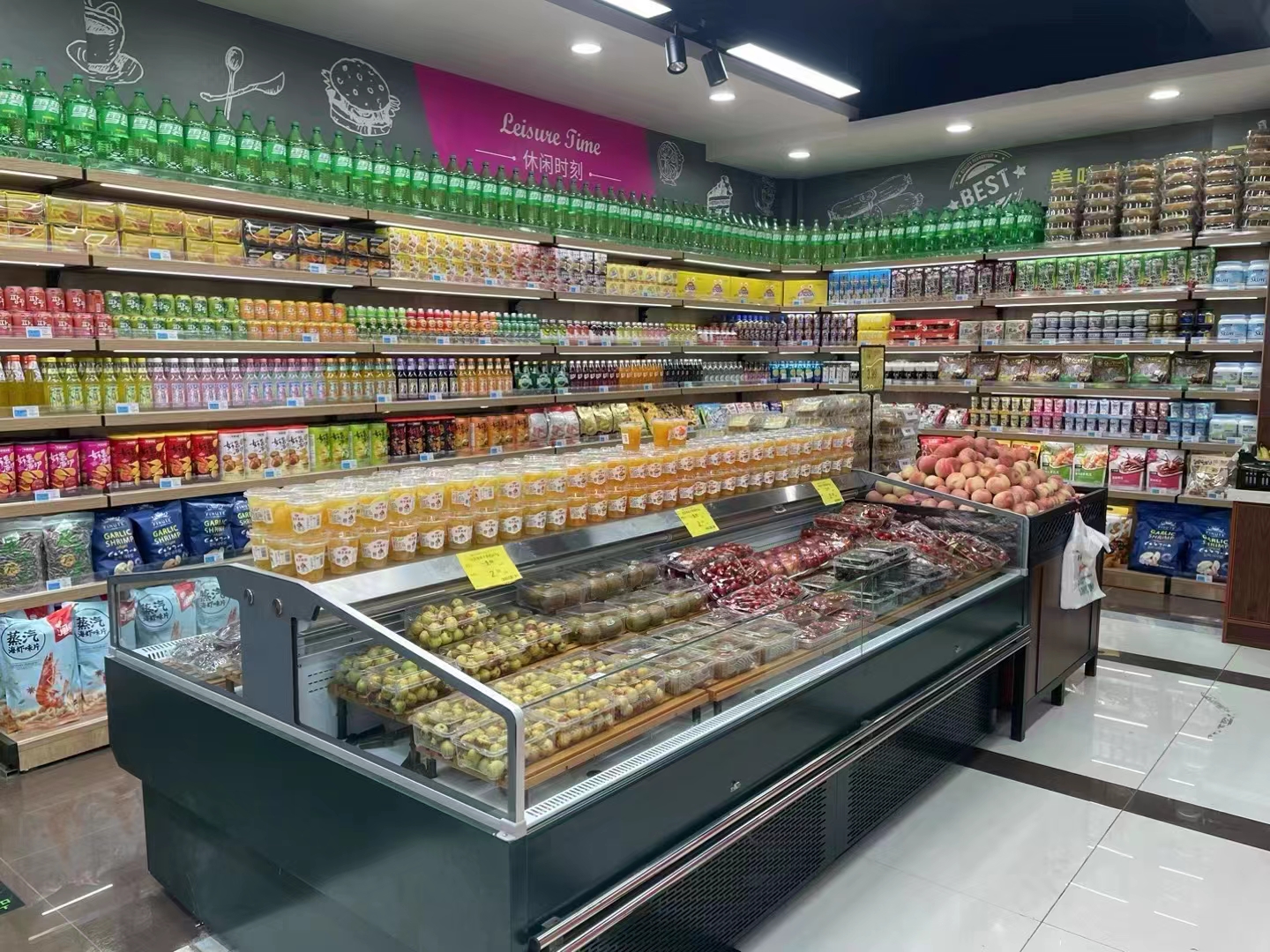
Post time: Jul-18-2023
